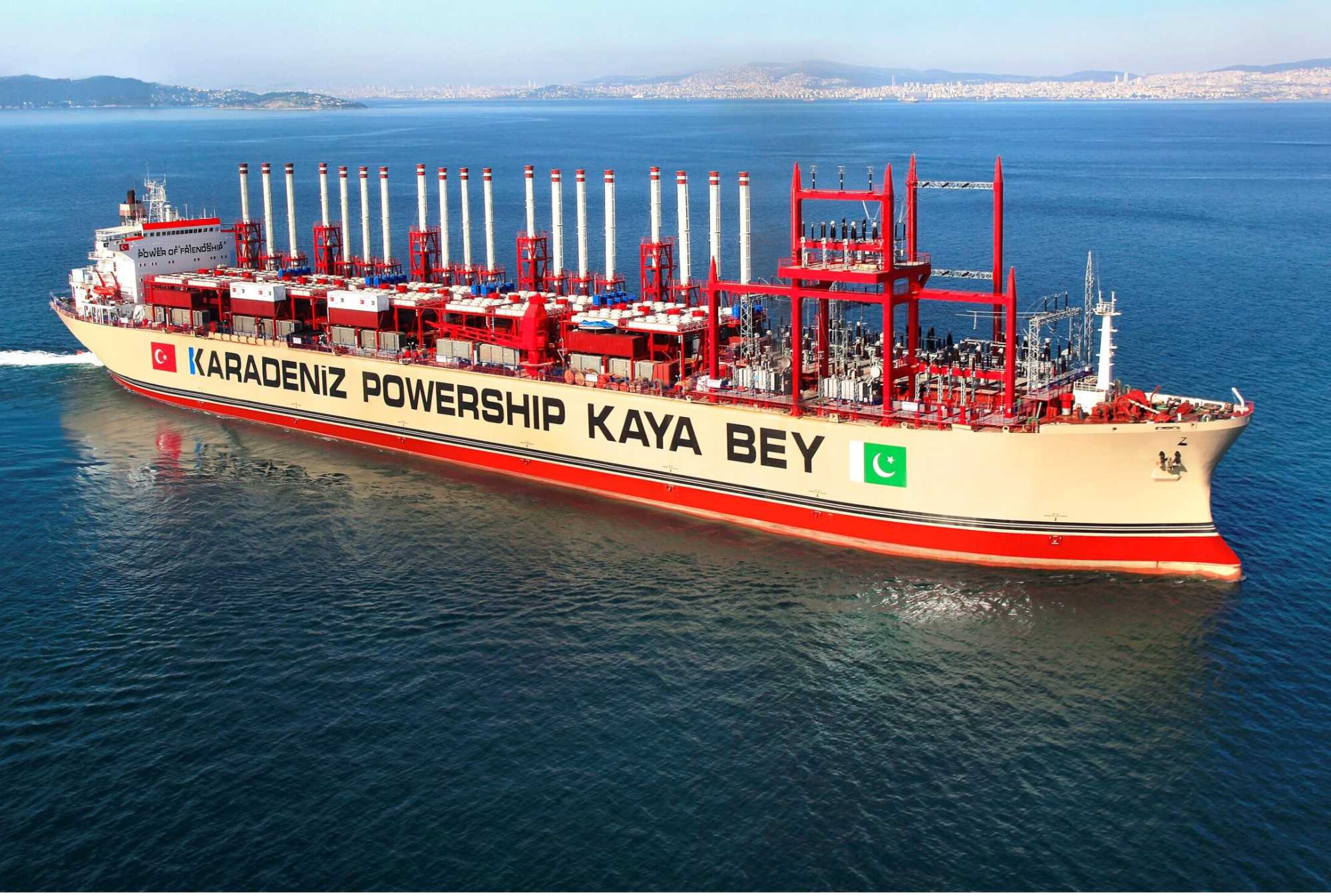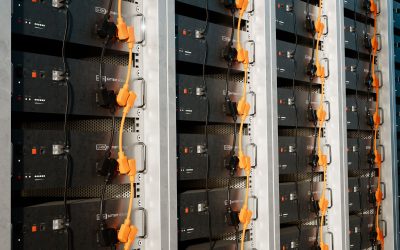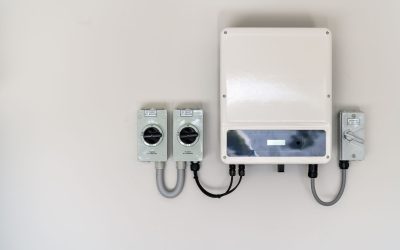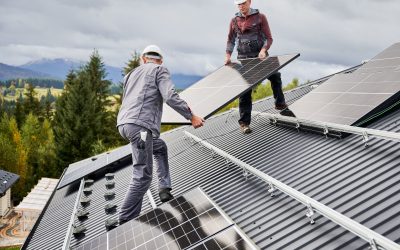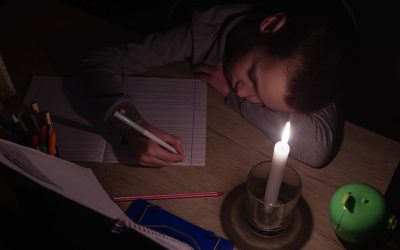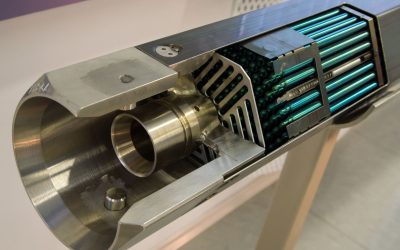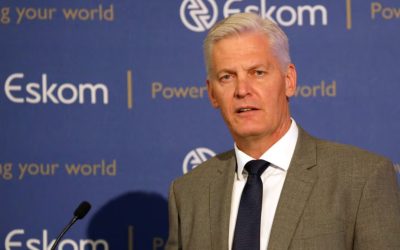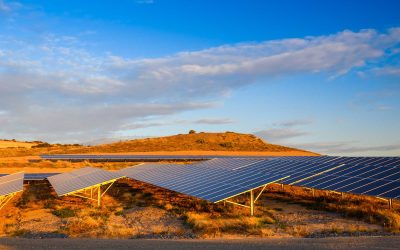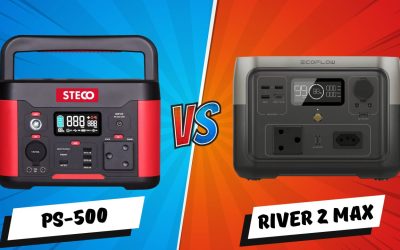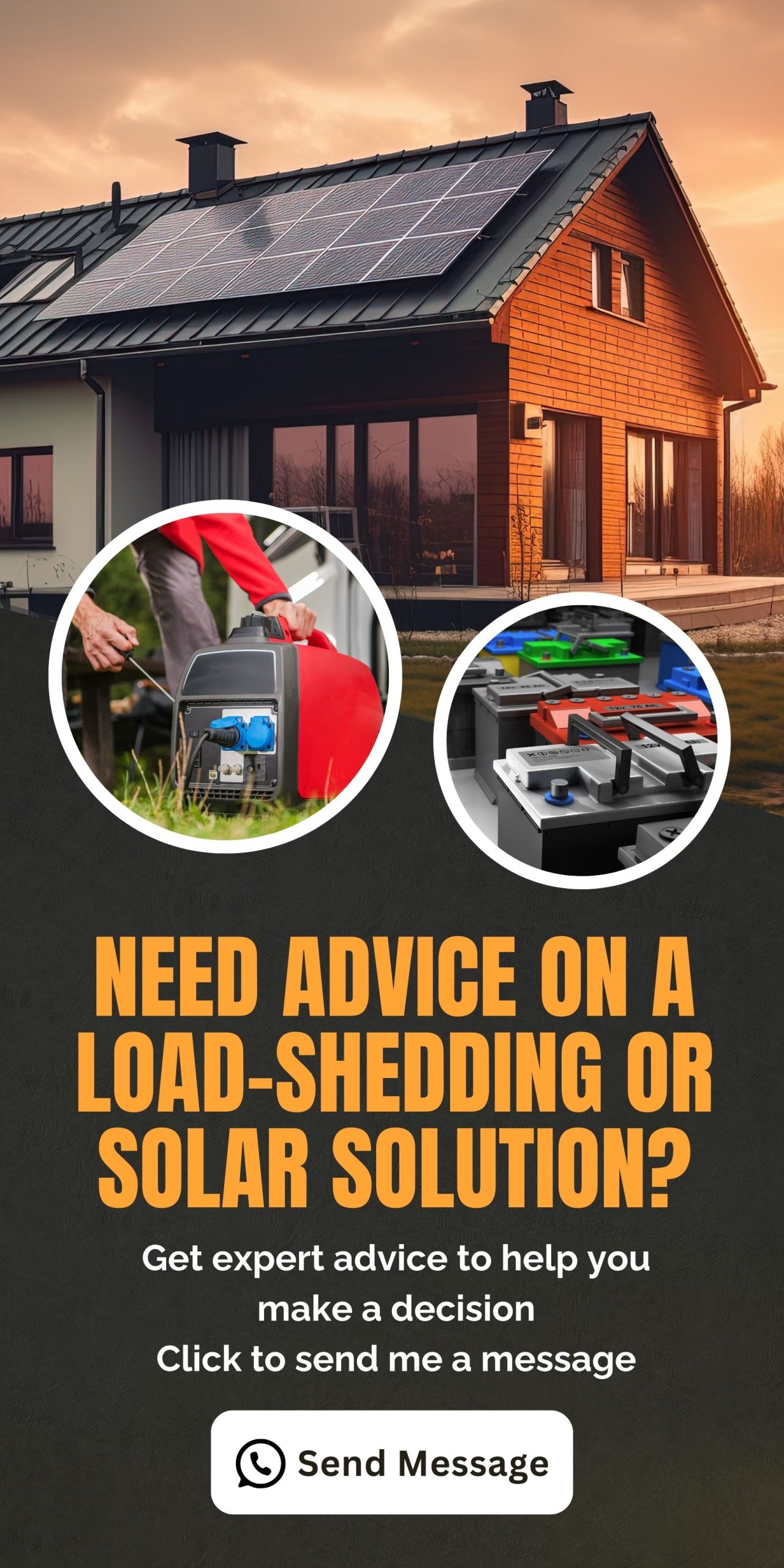Bloomberg reports that there is a possibility that Eskom will purchase electricity produced by Karpowerships through Mozambique.[1]
In case you missed it, Karpowerships are essentially liquid natural gas fueled power stations on ships. The power station is built onto the ship, and the ship travels to where the power is needed, connects to the electricity grid, and supplies power. The setup also allows for easy refuelling using fuel ships that easily connect to the power plant ship and transfer the fuel over.
A Questionable Deal
There was a plan to procure three of these ships through one of Government’s IPP procurement programs. But this plan was dismissed for several reasons: (1) South Africa would be locked into a 20-year agreement with Karpowership, (2) there were a string of environmental concerns related to having these ships in our coastal waters, and (3) there were also a lot of things that just were not right—it appears that there may have been some corruption at play and the potential for future corruption. Corruption is a common byproduct of fossil-fueled generation.
Karpowership seems to have now struck a deal with Mozambique to supply Mozambique with power. Mozambique, in turn, wants to sell some of that power to neighbouring countries, South Africa being one of them. So, instead of South Africa going into a deal with Karpowership, we go into a deal with Mozambique, from whom we buy electricity regularly. This is perhaps not such a bad arrangement for South Africa. This deal will help us get some immediate relief on our electricity shortage without a long-term commitment. The downside is that we’re just transferring the environmental concerns to another country.
The Merits of Karpowerships
Setting aside the environmental issues and the corruption concerns, I would like to look at the merits of the Karpowerships. There are several positive things that the Karpowerships would provide us with that we need to consider and potentially implement locally even if we do not procure the Karpowerships.
Firstly, the Karpowership electricity generation technology is gas to power. Gas power plants are inherently flexible, and they generally have generators that synchronize with the grid. Why are these positives? In South Africa, our potential for renewable energy generation, particularly wind and solar, is incredibly good. We have enough wind and solar to run the country on up to 70% wind and solar. We can move away from baseload coal and nuclear, and solar and wind can become the workhorses of our power system.
However, if we do this, two things are necessary: firstly, we need to back up our renewables with flexible generation that can ramp up and ramp down very quickly to match the variation in solar and wind generation caused by changes in weather. Gas-to-power is a great technology to do this because of its flexibility. Secondly, we need to keep the grid stable. Solar and wind technology introduces some grid instabilities that need to be addressed. Again, gas-to-power technology, with synchronous generators, is a great technology to do so.
So, Karpowerships would have been good to complement our move to more renewables penetration. Unfortunately, the waters (no pun intended) were muddied with environmental and contractual issues.
Local Implementation
Nothing is stopping South Africans from implementing similar technology inland. We would reduce the environmental issues, get better contractual terms, and perhaps cut out the corruption, while still gaining the benefits of gas-to-power technology. Although, it should be noted that during the time that has passed between the IPP procurement program and where we are now, hydrogen storage, which provides at least the flexibility benefit, has become cost competitive with gas-to-power, perhaps making it a more attractive route.
Bottom line, from a technical perspective, Karpowerships would have been great for South Africa’s energy system. The commercial and environmental issues robbed us of that. Perhaps this deal with Mozambique might still bring us the benefits stripped of the issues.
References
[1] Bloomberg. “SA may buy electricity from Karpowership via Mozambique”. Online. https://www.businesslive.co.za/bloomberg/news/2023-03-31-sa-may-buy-electricity-from-karpowership-via-mozambique/ (Accessed 31 March 2023)

